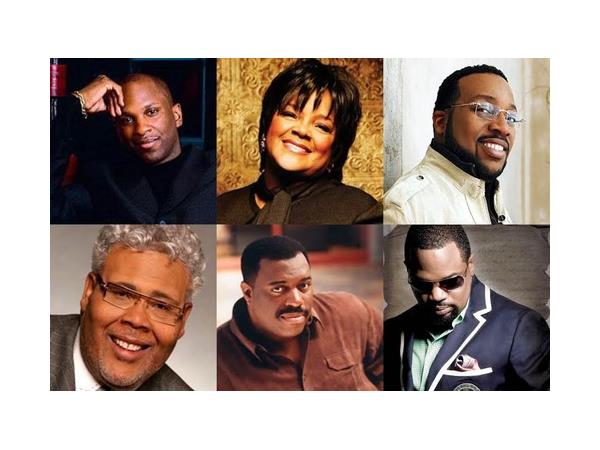



Origin
Characteristics
Negro spirituals are songs created by Africans who were captured and brought to the United States to be sold into slavery. This stolen race was deprived of their languages, lifestyle, and separated from their families; but the one thing their owners could not take away was the passion behind their music.
- Oral Tradition: many songs were anonymous and were passed down by word of mouth.
- Personal Expression/Resistance: the obstacles and trails many slaves faced were embedded in negro spirituals. They resisted the Christianity their white owners taught them by adding their African roots to make more passion filled songs.
- Lyrics: many lyrics in negro spirituals told stories and held hidden messages. They were like “coded maps”.
- Moan or groan: not a representation of pain, but rendition mixed with humming and spontaneous variation in melody.
- Polyrhythmic: there were several beats in negro spirituals to help preserve African dance.
Important Performers
Let's Crack the Code: Behind the Lyrics
Negro Spirituals reflected slaves needs to express their new faith. The songs were used as a form of secret communication amongst slaves their masters could not understand. This was particularly the case when a slave was planning to escape bondage and to seek freedom via the Underground Railroad or another path of escape. For example, negro spirituals like “Wade in the Water”, “The Gospel Train” and “Swing Low, Sweet Chariot” directly refer to the Underground Railroad. The codes of the first negro spirituals are often related with an escape to a free country. For example, a “home” is a safe place where everyone can live free. So, a “home” can mean Heaven, but it covertly means a sweet and free country, a safe place for slaves. Even when ordinary words were used, they still reflected the personal relationship between the slave singer and God.

Social Implications and Commodifications
Negro Spirituals helped change the lives of many slaves. They opened the door for freedom of expression, secret communication, and a spiritual connection with God based on their own African beliefs. African Americans found their own voice through song. They re-shaped it into a deeply personal way of dealing with the oppression of their enslavement. Negro spirituals were used as a commodity by turning the lyrics of the songs into ideas or objects of escape and resistance. The lyrics were maps traded all over the south with hope that African Americans would soon be navigated to freedom up north.
Influences of Future Genres

Negro Spirituals have had a huge influence on the Gospel Music we know today. The history of black Gospel music is incredible and the lyricism used still focuses on overcoming personal struggles. It’s a direct descendant of the Spirituals sung by the African American slaves. Some well known African American Gospel singers include Donnie Mcclurkin, Shirley Caesar, Marvin Sapp, and many more.
Closing Remarks
It is evident that slaves embraced the biblical stories of the Bible. Negro spirituals are seasoned with lyrics that discuss the stories of Egypt’s biblical pharaoh, Moses, and the crucifixion of Jesus. Slaves covertly viewed the stories of the Old Testament as symbolic of their life of bondage. Therefore, the teachings of Christianity were merged with their African beliefs. These same songs sung by African American slaves are still sung today in black churches. I grew up singing many of these songs and the passion the slaves put into negro spirituals can still be felt to this day. I am appreciative of the creativity displayed by African Americans through negro spirituals. Thank you to the anonymous creators of the negro spirituals, your lyrics are truly a gift to us all.
Sources
History Official Site of Negro Spirituals, Antique Gospel Music, www.negrospirituals.com/index.html.
“African American Spirituals.” Planning D-Day (April 2003) – Library of Congress Information Bulletin, Victor, www.loc.gov/item/ihas.200197495/.
United Methodist Communications. “Part of History, African-American Spirituals Still Heal.” The United Methodist Church, 24 Feb. 2014, www.umc.org/resources/part-of-history-african-american-spirituals-still-heal.


